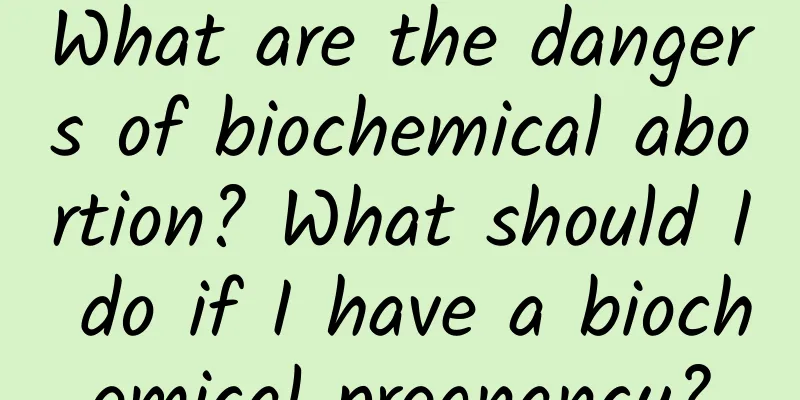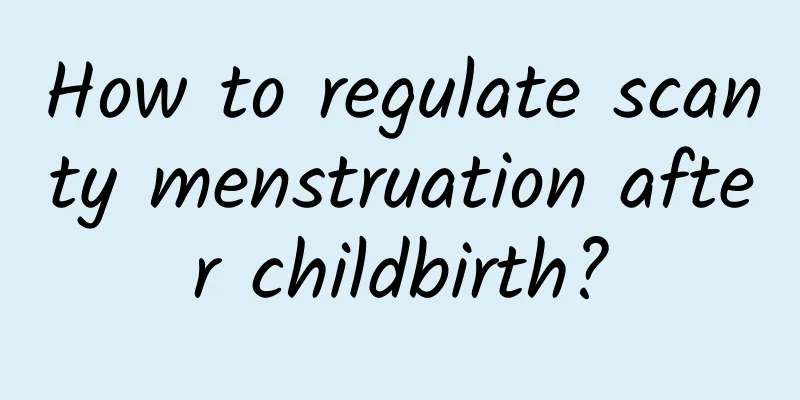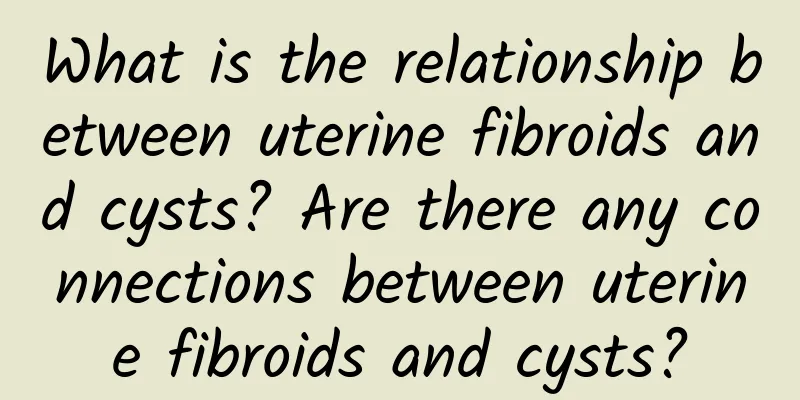Why is the vulva itchy?

|
Treatment for vulvar pruritus includes local cleaning, medication, and avoiding irritants. Common causes include infection, skin disease, or allergic reaction. Vulvar pruritus may be caused by a variety of factors, including bacterial or fungal infection, contact dermatitis, eczema, psoriasis and other skin problems, as well as allergic reactions or changes in hormone levels. 1. Infection is a common cause of vulvar itching. Bacterial vaginitis, Candida infection or Trichomonas infection can all cause vulvar itching. Bacterial vaginitis is usually accompanied by odor and increased discharge, while Candida infection may cause white cheese-like discharge. Trichomonas infection may be accompanied by yellow-green foamy discharge. Infections can be treated with antibiotics or antifungal drugs. For example, metronidazole is used to treat bacterial vaginitis and Trichomonas infection, and fluconazole or clotrimazole is used to treat Candida infection. 2. Skin diseases may also cause vulvar itching. Eczema, psoriasis or contact dermatitis can all cause dry skin, redness, swelling and itching. Eczema is usually accompanied by dry skin and scaling, while psoriasis may cause red patches and silvery white scales. Contact dermatitis may be an allergic reaction caused by the use of certain detergents, sanitary napkins or underwear materials. To treat skin diseases, topical corticosteroid ointments such as hydrocortisone or betamethasone can be used to reduce inflammation and itching. For contact dermatitis, contact with allergens should be avoided. 3. Changes in hormone levels may also cause vulvar itching. Women in menopause may experience vulvar dryness and itching due to decreased estrogen levels. Pregnant women may also experience similar symptoms due to fluctuations in hormone levels. For itching caused by changes in hormone levels, topical estrogen ointments or moisturizers can be used to relieve dryness and discomfort. 4. Allergic reaction is another common cause of vulvar itching. Certain detergents, sanitary napkins, underwear materials or skin care products may cause allergic reactions, leading to vulvar itching. Avoiding products that may cause allergies, choosing mild and non-irritating detergents and sanitary napkins, and wearing cotton underwear can help reduce allergic reactions. Treatments for vulvar itching include local cleaning, medication, and avoiding irritation. Common causes include infection, skin disease, or allergic reaction. Keeping the vulva clean and dry, using mild, non-irritating detergents, wearing cotton underwear, and avoiding products that may cause allergies can help prevent and relieve vulvar itching. If symptoms persist or worsen, seek medical attention for detailed examination and treatment. |
<<: How to determine whether it is endometriosis and what causes it
>>: Can endometritis and pelvic inflammatory disease be cured?
Recommend
Why is congenital absence of vagina difficult to cure?
Congenital vaginal embryos are obstructed by inte...
What medicine should patients with uterine fibroids take to treat uterine fibroids? What foods should patients with uterine fibroids not eat?
What medicine should patients with uterine fibroi...
What medicine should children take for acute intestinal lymphadenitis
The treatment of acute intestinal lymphadenitis i...
Reducing protein intake before surgery reduces cardiovascular complications
Regardless of the type of surgery being performed...
What are the reasons for delayed menstruation?
What are the reasons for delayed menstruation? Th...
Women who gain weight in middle age should be careful about breast cancer! Mid-Autumn Festival mooncakes, don't worry about getting fat
October is International Breast Cancer Awareness ...
What should I check at the hospital for irregular menstruation?
Irregular menstruation is one of the common gynec...
How to relieve menstrual pain
How to relieve menstrual pain? Dysmenorrhea is a ...
What medicine should I take for endometritis and pelvic inflammatory disease
Commonly used drugs for the treatment of endometr...
Dangguiyin therapy can effectively treat irregular menstruation
Irregular menstruation is related to many factors...
Do you know about the ultrasound diagnosis of acute adnexitis?
Adnexitis is a common gynecological disease. In l...
Prevention of cervical hypertrophy starts from daily life
There are many gynecological diseases in women, a...
Can chronic pelvic peritonitis be cured?
Chronic pelvic peritonitis often has chronic salp...
How to drain blood after miscarriage
How to drain the blood after miscarriage? After a...
How to treat moderate cervical erosion
Moderate cervical erosion can be treated with med...









